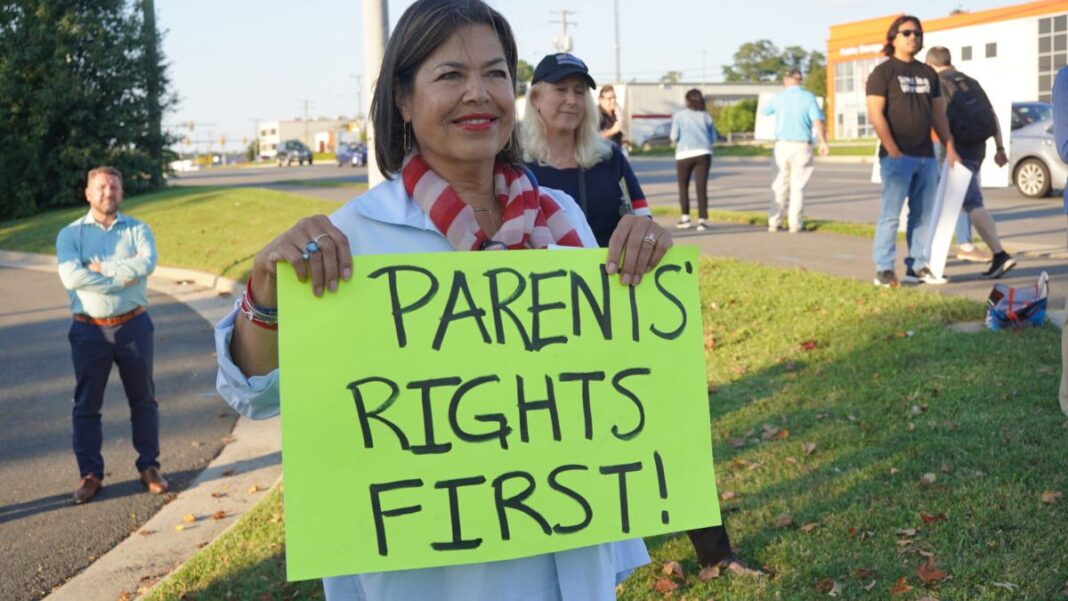In response to plunging test scores that have been made worse by the pandemic, states across the country have been implementing school choice reforms that are making public funding of schools portable.
In October 2022, the National Assessment of Educational Progress, informally known as the “nation’s report card,” revealed that test scores nationwide have plunged to the lowest levels in the last 30 years in reading, while recording the biggest drop ever in math since the assessments began in 1990.
Some states are implementing reforms by creating education scholarship accounts, or ESAs. Such funding allows students to take public dollars out of failing school systems and use them for tuition and other education expenses via private schools, homeschooling, and tutoring.
ESAs are primarily targeted at lower-income students in households that cannot afford tutors or that need tuition assistance in order to afford private schools.
But universal ESAs that are available to students regardless of household income are becoming an increasingly popular option for some states.
As of March, there are 11 states with some type of ESA program, EducationWeek reported.
The school choice nonprofit EdChoice is calling 2023 “the year of universal school choice,” as 31 state legislatures are considering bills to either expand or start school choice programs, many of which include ESA options.
“Parents aren’t asking for school choice, they’re demanding it. Many states and schools will get left behind if they’re not receptive to the school choice movement, because it’s not stopping anytime soon,” Darrell Jones, president of the Stanley M. Herzog Charitable Foundation—which concentrates on Christian education—told The Epoch Times in a statement.
Lawmakers in states as diverse as West Virginia, Arizona, Iowa, Utah, Arkansas, and Florida are listening to parents, said one expert.
“When you see a state like West Virginia adopt an education savings account that is available to nearly every child in the state, … lawmakers and families in Arizona say, ‘Hey, wait a minute, we have the nation’s first education savings account program. There’s no reason that these options should not be available to the low-income children outside of Tucson,’” Jonathan Butcher, a senior research fellow in education policy at The Heritage Foundation, told The Epoch Times.
By John Ransom
















































